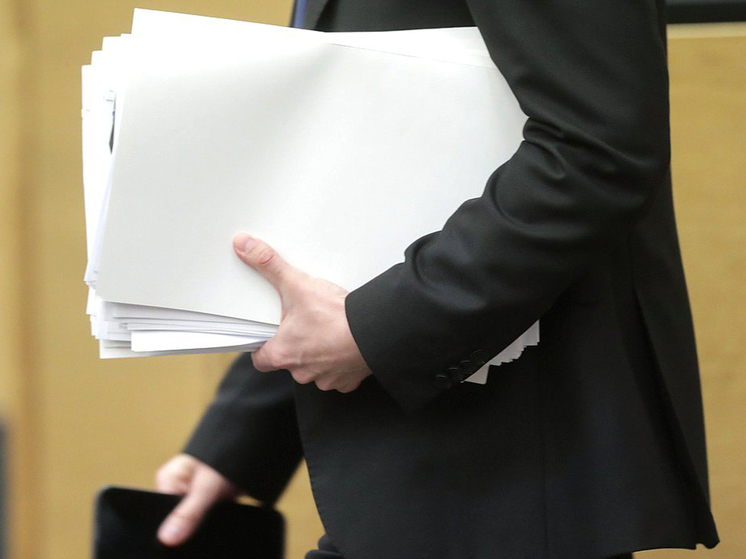The pace of spending has increased
In the first four months of this year, budget revenues in annual terms increased by more than 50% and amounted to 11.7 trillion rubles. These are the data from the Ministry of Finance's preliminary assessment of the federal budget. However, the pace of spending has also increased. As a result, the budget deficit for January-April amounted to 1.484 trillion rubles, or 0.8% of GDP. Compared to 2023, this gap in the treasury has decreased by 1.5 trillion. But economists say that the budget needs additional sources of income.
 Photo: duma.gov.ru
Photo: duma.gov.ru
Earlier, the Ministry of Finance reported an increase in oil and gas revenues by 82.2% in annual terms. In the period from January to April, revenues from this sector totaled 4.157 trillion rubles. The department explained this dynamics by several factors, including an increase in export prices for Russian oil. Thus, in April the average price for the Urals brand was $75 per barrel – versus 70 in March. An additional payment for the mineral extraction tax for the fourth quarter of 2023 also contributed to the increase in revenues.
In turn, non-oil and gas revenues increased by 36.8%, to 7.52 trillion.
At the same time, from January to April, the expenditure side of the budget also increased. It amounts to 13.17 trillion rubles, which exceeds the same period last year by 21.5%. As stated in the Ministry of Finance document, one of the reasons was “more accelerated financing of expenses in February-April 2024. This is also due to the prompt conclusion of contracts and advance financing for individual contracted expenses.
It is gratifying that non-resource sectors of the economy have been demonstrating stable dynamics for several months now: transport, construction, electricity, hotel and restaurant business. As they say, not only oil… Although hydrocarbons still remain the leaders in terms of budget filling.
What do the Ministry of Finance statistics say? That, under the yoke of anti-Russian sanctions and restrictions, we have entered the long-awaited phase of economic stabilization?
— Here we need to look more at the federal budget deficit rather than at growing incomes and expenses, says Igor Nikolaev, chief researcher at the Institute of Economics of the Russian Academy of Sciences. . – Roughly speaking, this is 1.5 trillion rubles, almost the entire amount that should make up the budget deficit for 2024 as a whole. And we received it for the first four months.
— During this period, we almost “exhausted” annual excess of expenses over income. The execution of the budget does not yet cause any particular concern, but it is tense and the monetary authorities must keep this indicator under special control and not lose sight of it.
— By the end of the year, the deficit should be approximately at the same level of 1.5 trillion rubles. This means that in order for us to implement the programs planned for this year, further expenses must be covered by income. That is, to spend money, but to the same extent to find new sources of income. And a simple increase in spending will lead to an even greater deficit with all the ensuing consequences.
— Let's be honest, it is not as high as we would like. Additional sources include the ruble. In the scenario conditions for the development of the Russian economy, published by the Ministry of Finance at the end of April this year, the average annual exchange rate of the ruble against the dollar should be 94.7.
It is possible that by the end of the year this figure may approach 100. ruble mark. The weakening of the ruble is included in the official scenario. And this is an additional source of income. It is clear that the weaker the ruble, the greater the income in national currency from exports. However, the weakening of the ruble exchange rate leads to an acceleration of inflation.
The second source of reserves – privatization, which Finance Minister Anton Siluanov spoke about in April. This year it was planned to receive one billion rubles from it. Now the Ministry of Finance intends to earn 100 billion from privatization.

